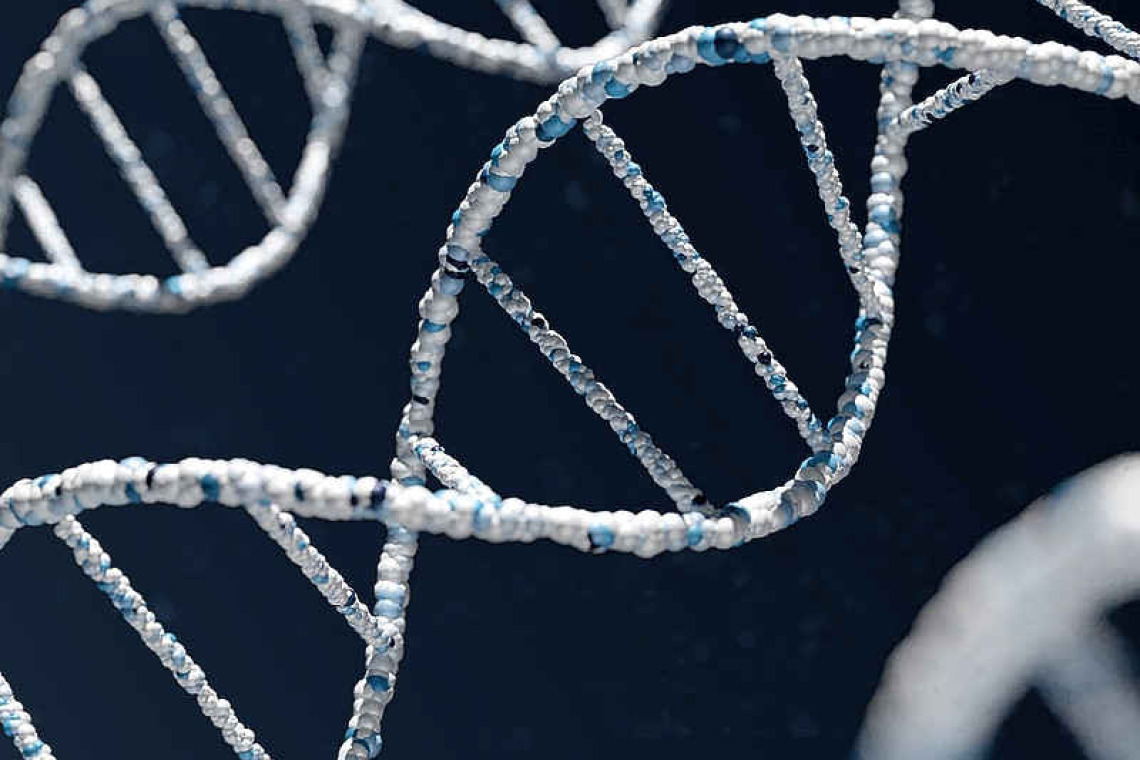By Dr. Colin Michie FRCPCH University of Central Lancashire and Denise Harford
Do you take a regular medication? At the best dose? Your genes set up how treatments work for your health. Warfarin (Coumadin) is an example of a commonly prescribed medication influenced by your DNA.
One of our aunts from Grenada developed an irregular heartbeat, atrial fibrillation. A doctor prescribed warfarin so she would not develop any clots that might damage her lungs or brain. She was sent to a clinic, with a little book, to check her blood clotting every two weeks. In this book, the nurse recorded her blood clotting result (an International Normalised Ratio or INR). Our aunt’s book worried the staff as she needed such a high dose of warfarin. It was suggested she might have a genetic resistance to this medicine.
Prescription medications have been tested in large trials over periods of time to ensure they are safe and effective. Warfarin is used to reduce blood clotting. It gives valuable protection against thrombosis, pulmonary embolus and strokes. Warfarin acts in the liver, the organ that manufactures most of the proteins involved in blood clotting.
Warfarin is derived from natural substances produced when microbes ferment cut sweet clovers. These coumarins give freshly cut grass or hay that lovely sweet scent. Warfarin was first used as a rat poison, before its value to patients was realised. More recent and more potent “superwarfarins” last for longer and have proved more effective at killing rodents.
A clinical challenge with warfarin treatment is getting it to work correctly – take too little and it will not be useful; take too much and you can bruise or bleed. Many different factors work together to deliver safe and effective doses for you. Most patients require a regular clinic check with their INR. Their genetic ancestry, age, sex, diet, alcohol intake and other medications will determine the size of their personalised medication dose.
African ancestries have the greatest genetic variation and diversity. Genetic information from populations in Europe or China, as contrasts, cannot reflect or even compare with the many variations found in Africa. In Africa, genetic adaptations evolved to infections such as malaria, trypanosomiasis and Lassa fever, to food shortages and desert climates. These need to be understood better in order to improve treatments for those with African ancestries; they are a vital resource.
Studies of African ancestries are yielding important insights. For instance, differences in the proteins that carry fats in the blood in African samples have been used to develop a new medication to reduce atherosclerosis. A new gene that determines the risk of developing Parkinson’s disease has been described by Nigerian researchers from their patients. The genetics of mental health is very different in southern Africa when compared with the US. Because of their varied origins and heritages, populations on Caribbean islands are likely to have distinct and unique genetics.
Genetic differences in African ancestries direct liver cells involved in blood clotting. One enzyme that builds clotting proteins has genetic variants with different functions, as has the superfamily of enzymes that inactivate warfarin. Successful warfarin treatment plans for African Americans and Brazilians often differ from those used for European or south-east Asian patients. Populations of Cuba and Puerto Rico have significantly different dosing requirements too for warfarin.
So should we tell physicians and pharmacists about our ancestors? Could they run a quick test of our genes to help with our medicines? At present, promises of these novel methods are not well developed: this technical wizardry is not yet practical to make warfarin prescribing personalised or precise in the average clinic.
“Life” can overrule genetics with most medical treatments. For instance, many patients do not take their warfarin medication regularly. Up to a third of those in a clinic may have problems with clotting control for this reason. Others drink alcohol intermittently, smoke tobacco or cannabis – these influence blood clotting too. Lifestyles may complicate the business of finding a dose of warfarin to keep your INR record smooth, and the clots away.
For our aunt, after some shrewd nursing, it turned out her diet was the problem. Aunt was a vegetarian, keen on green banana, spinach and cheeses. She was quite a cook, too, using lots of garlic and ginger. Her diet made it difficult for her warfarin to work well unless she took high doses. Her genetics were never tested, but regular clinic checks worked – she has not had any clots since starting warfarin.
For safer and more effective treatments, genetics seem to deliver promises for all of us because they are personal. However, lifestyles in our communities vary greatly – these are often more relevant to prescription medicines. Then there is always that problem of trying to remember to take the pills!
Dr. Colin Michie is currently the Associate Dean for Research and Knowledge Exchange at the School of Medicine in the University of Central Lancashire. He specializes in paediatrics, nutrition, and immunology. Michie has worked in the UK, southern Africa and Gaza as a paediatrician and educator and was the associate Academic Dean for the American University of the Caribbean Medical School in Sint Maarten a few years ago.







